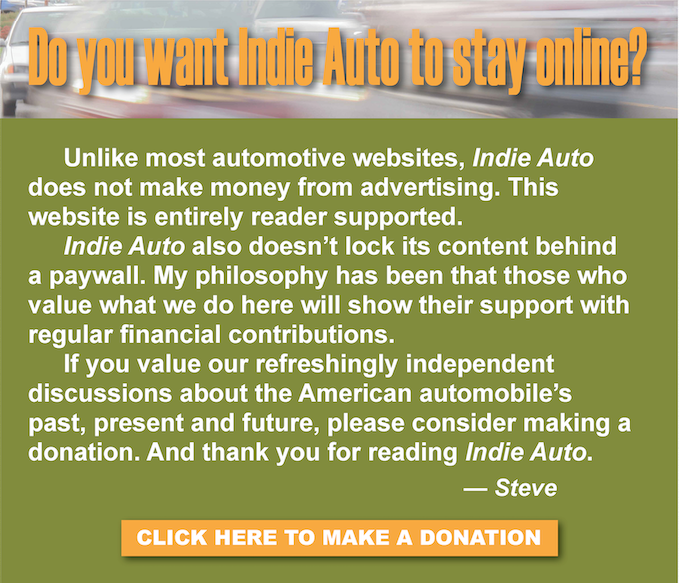
This is an older book but stands out as one of the most prominent critiques of the U.S.’s automotive-dominated transportation system.
Jane Holtz Kay argued that the car had become to financially, socially and environmentally costly to the nation. Then, with wonkish detail, she offered a range of policy ideas designed to move us toward a better-balanced system, e.g., by making auto users pay for a greater proportion of the real cost of roads and giving alternative forms of transit a larger slice of the subsidy pie.
Asphalt Nation: How the Automobile Took Over America and How We Can Take it Back
- Jane Holtz Kay; 1997
- Crown Publishers, New York, NY
“In the annals of history, many recognize that we have moved as far as we can go on untamed wheels. A nation in gridlock from its auto-bred lifestyle, an environment choking from its auto exhausts, a landscape sacked by its highways has distressed Americans so much that even this go-for-it nation is posting ‘No Growth’ signs on development from shore to shore. All of these dead ends make this a time for larger considerations. The future of our motorized culture needs change.” (p. 9)
“Our car addiction not only hurts America, it sabotages global environmentalism. The hypocrisy of America preaching from behind the wheel cripples efforts to curtail consumption worldwide. That we, who own half the cars, product half the automobile’s carbon dioxide emissions in the world, and manufacture one-quarter the vehicles, would try to keep global populations from following our behavior is a mockery. The American dream of the freedom of the road stokes the world’s fantasy, fueling the urge to add to the planet’s fleet of 400-plus million motor vehicles.” (p. 98)
“Pricing devices would further change the routine of auto-dependent Americans. Would Americans switch to public transit, to car pooling, to so-called trip chaining — running several errands on one route — or to some mix of these? Would they share in a car co-op as Germans do, or devise an American solution? They can decide.” (p. 356)
OTHER REVIEWS:
H-Net | Kirkus Review | The New York Times | Building Green | december.com | Amazon






Be the first to comment